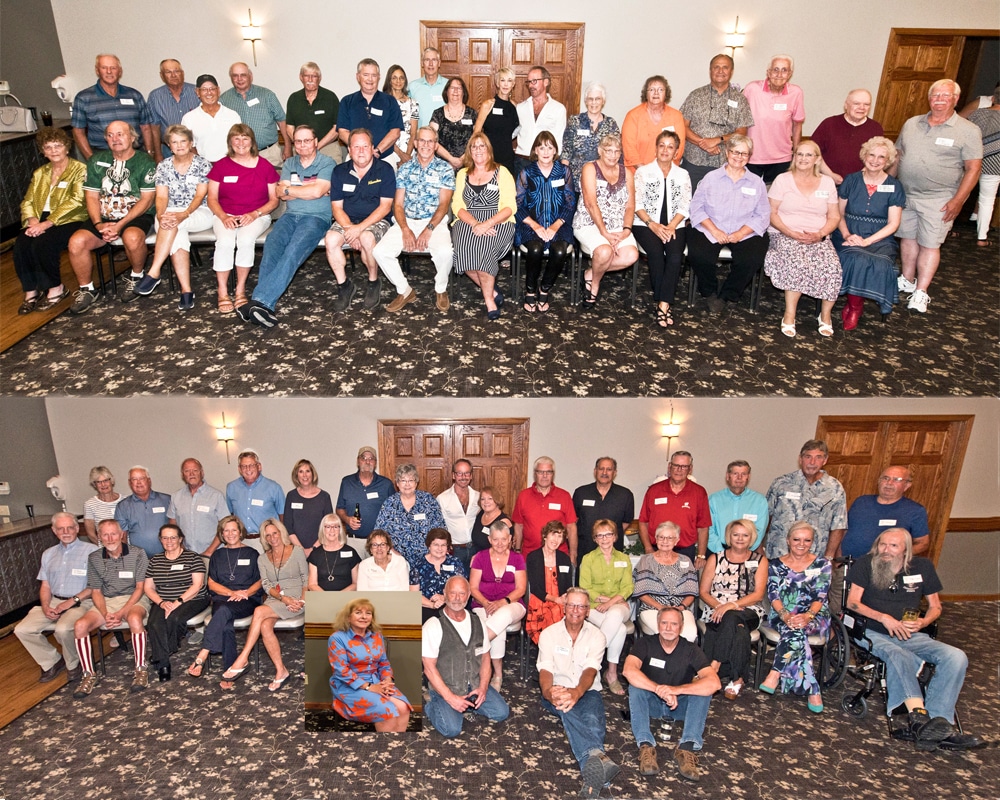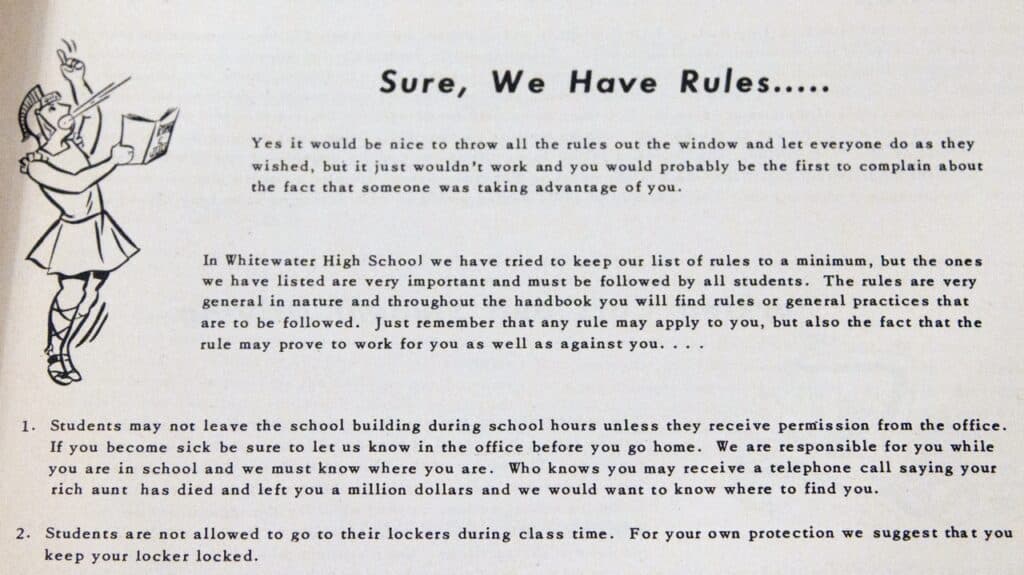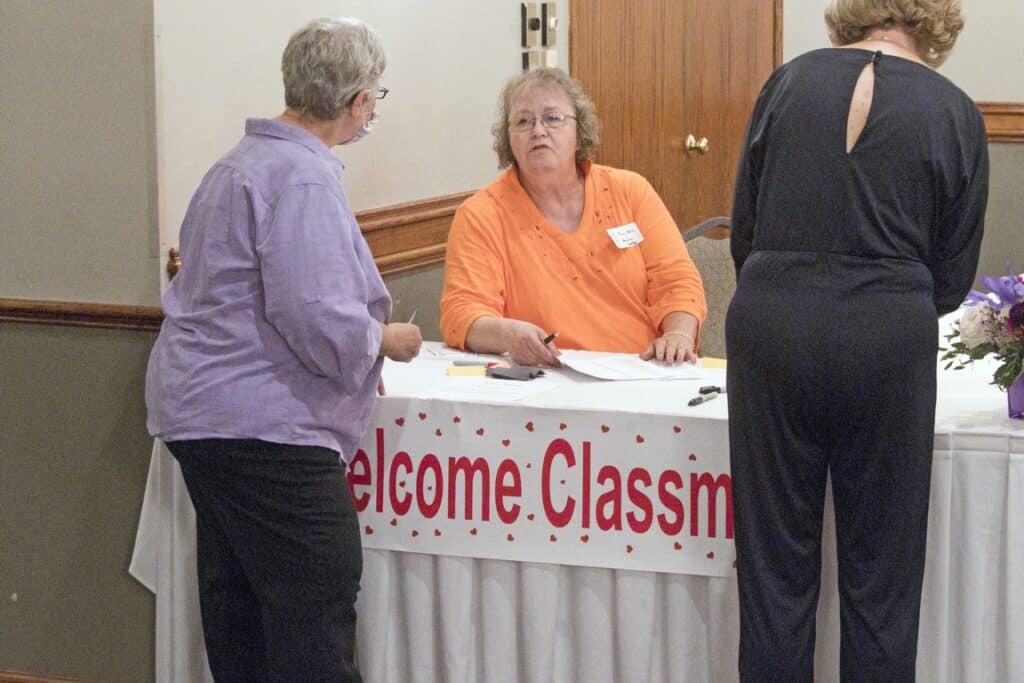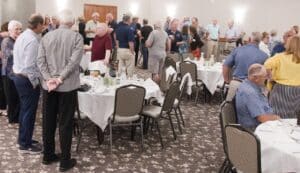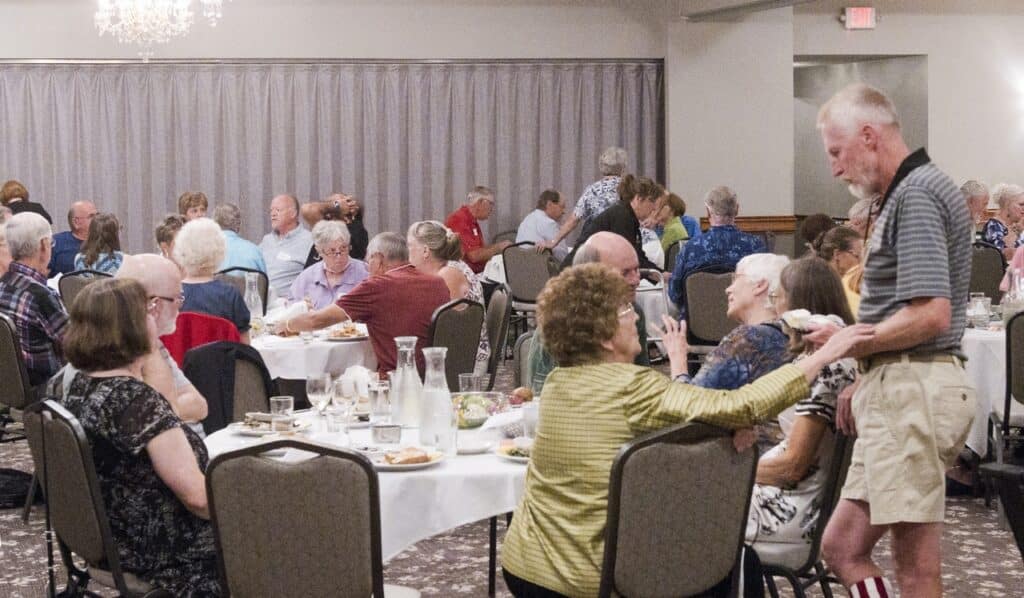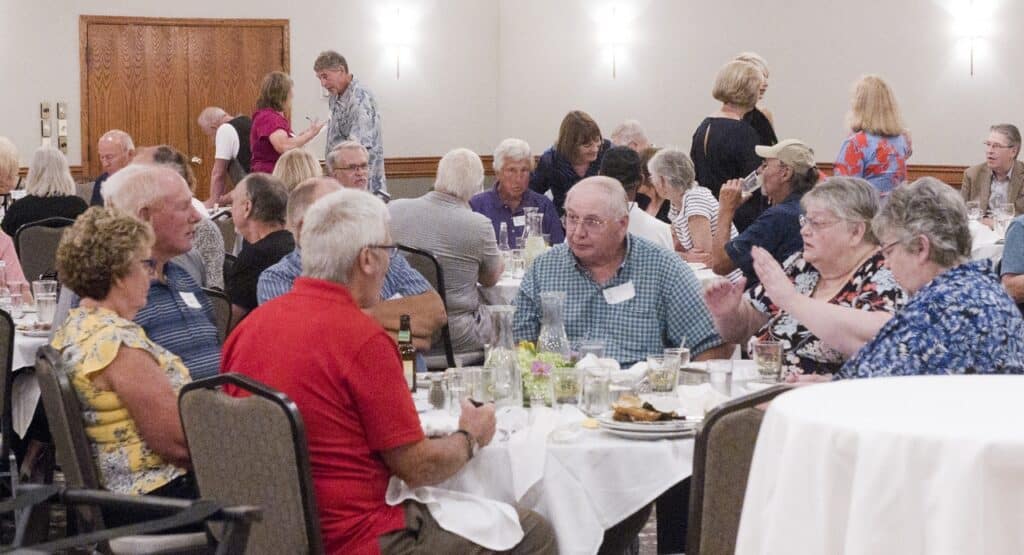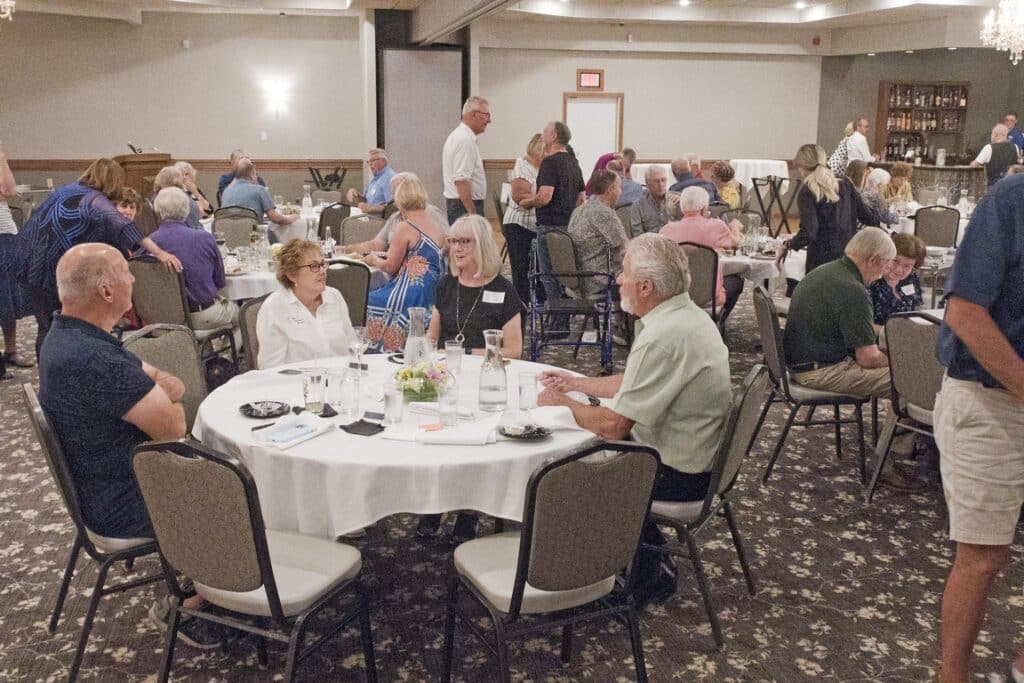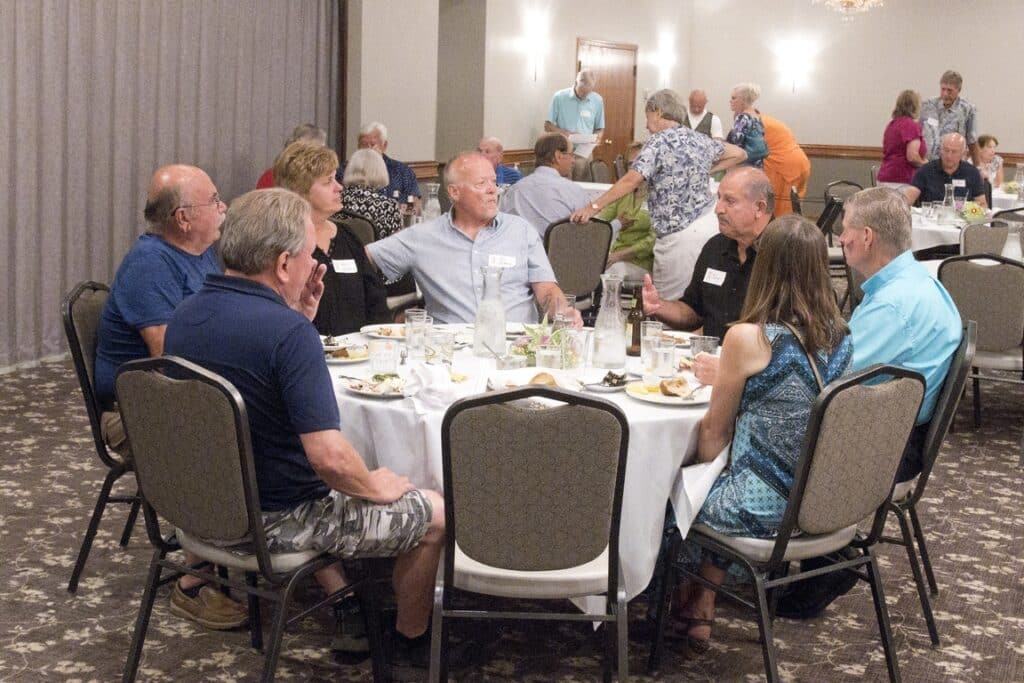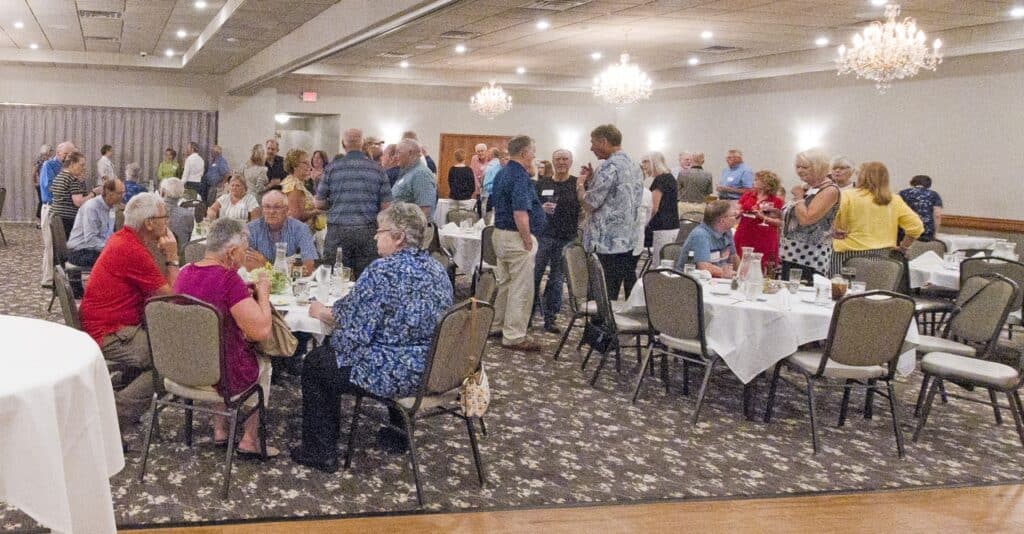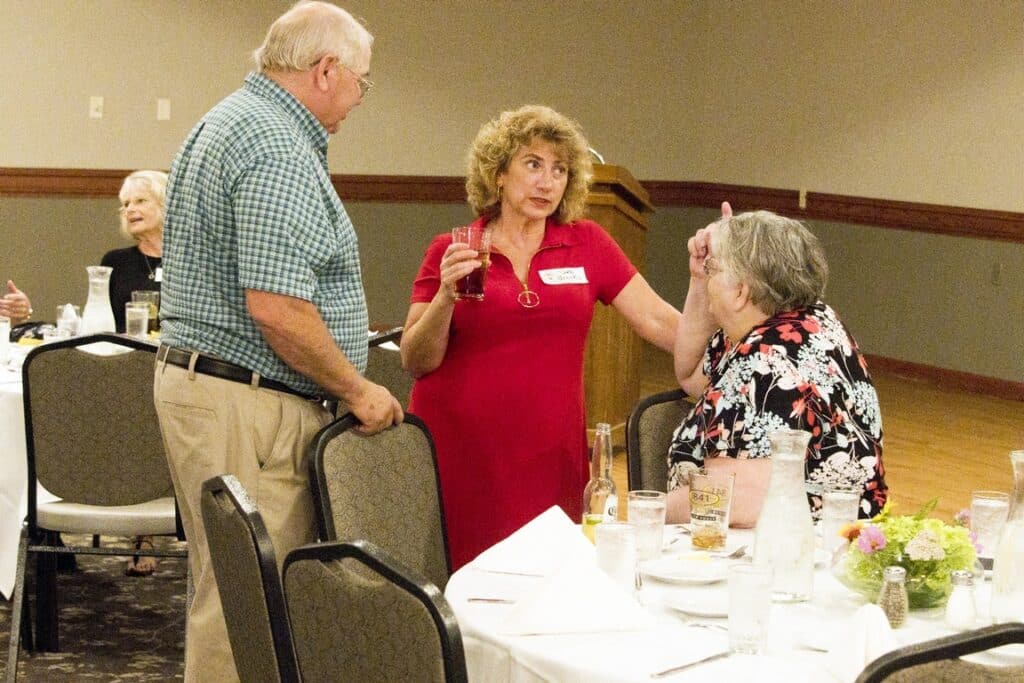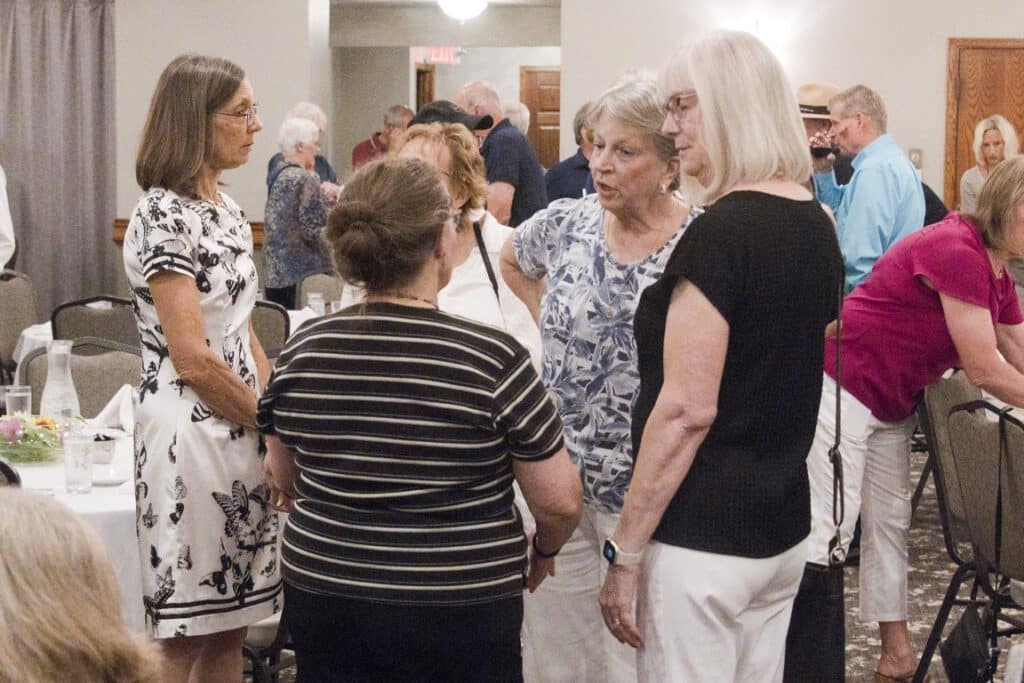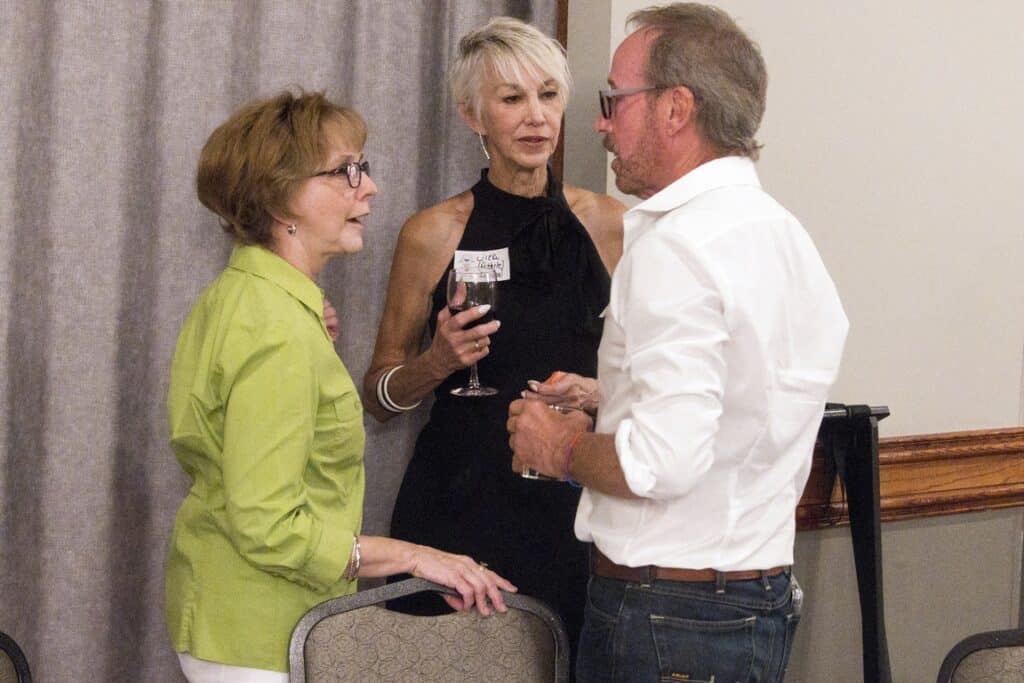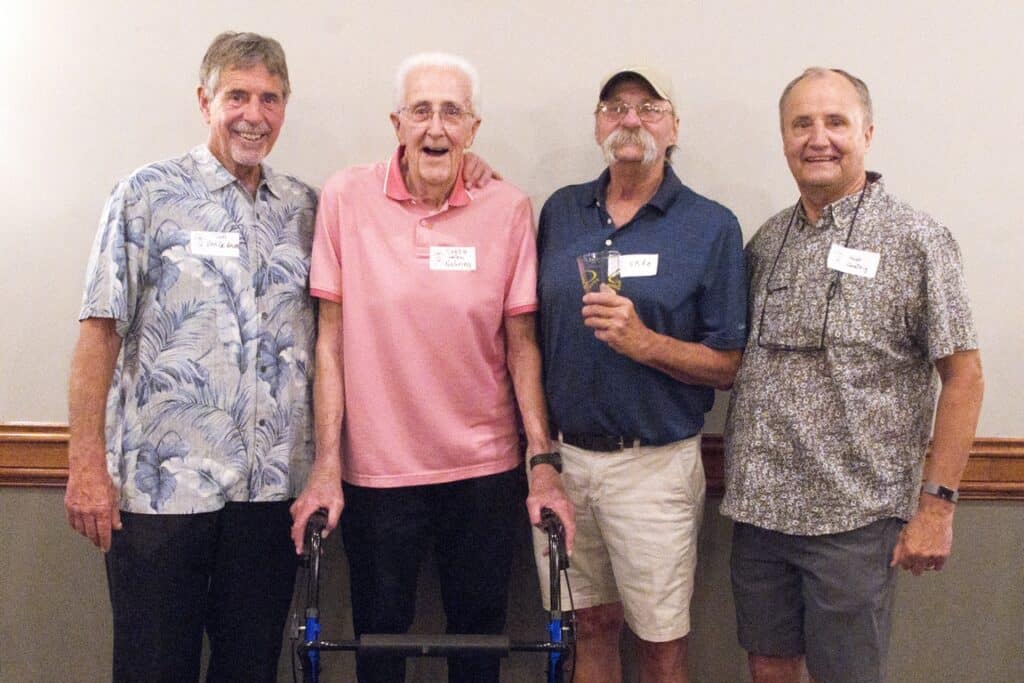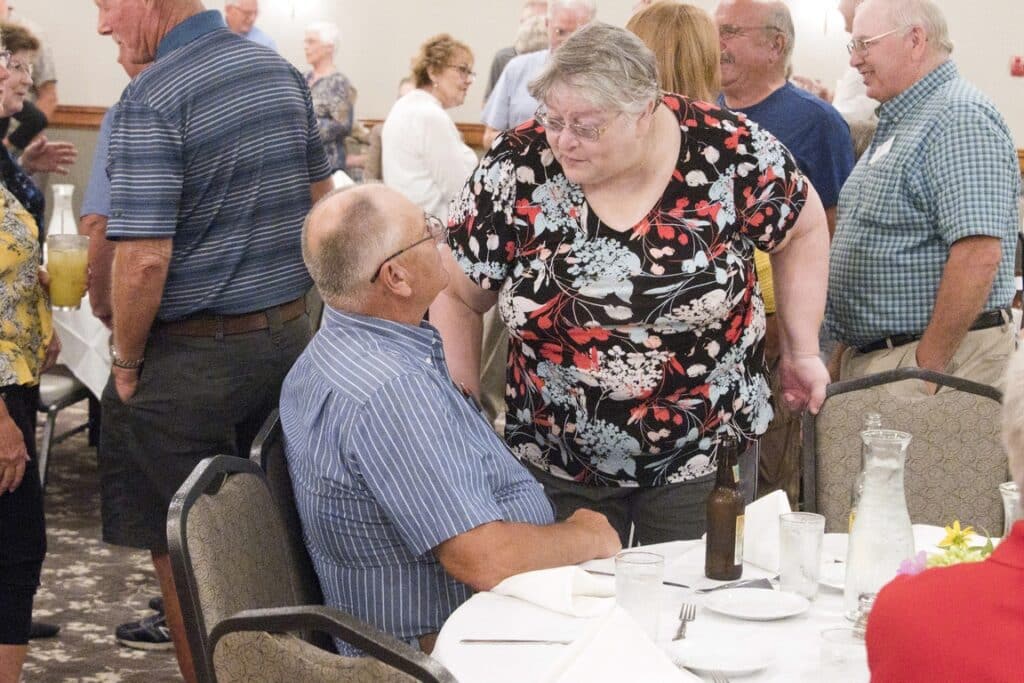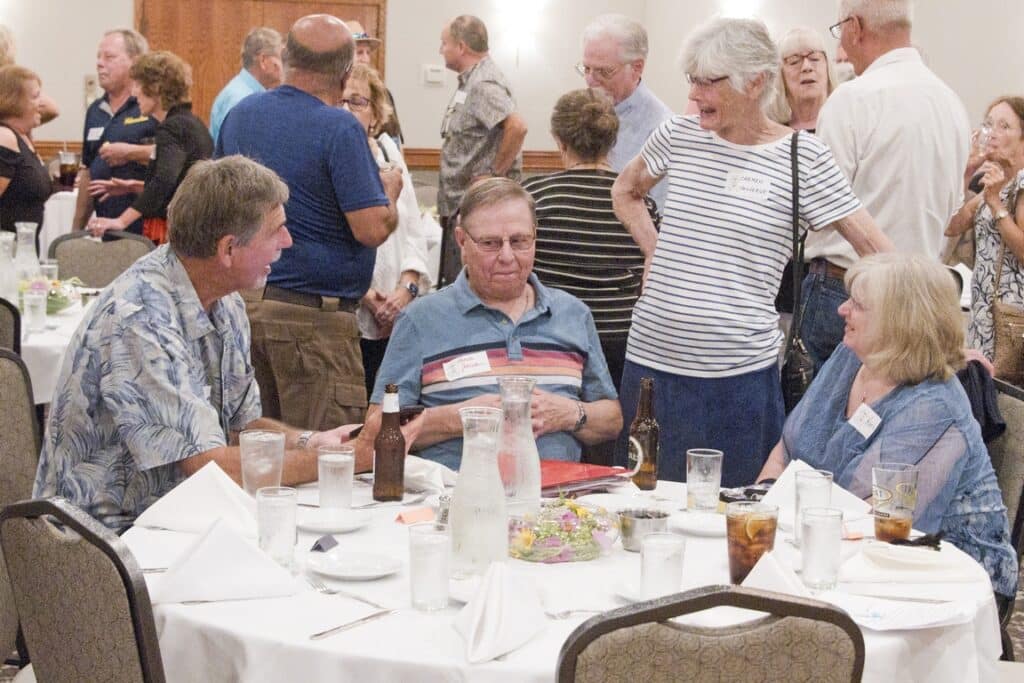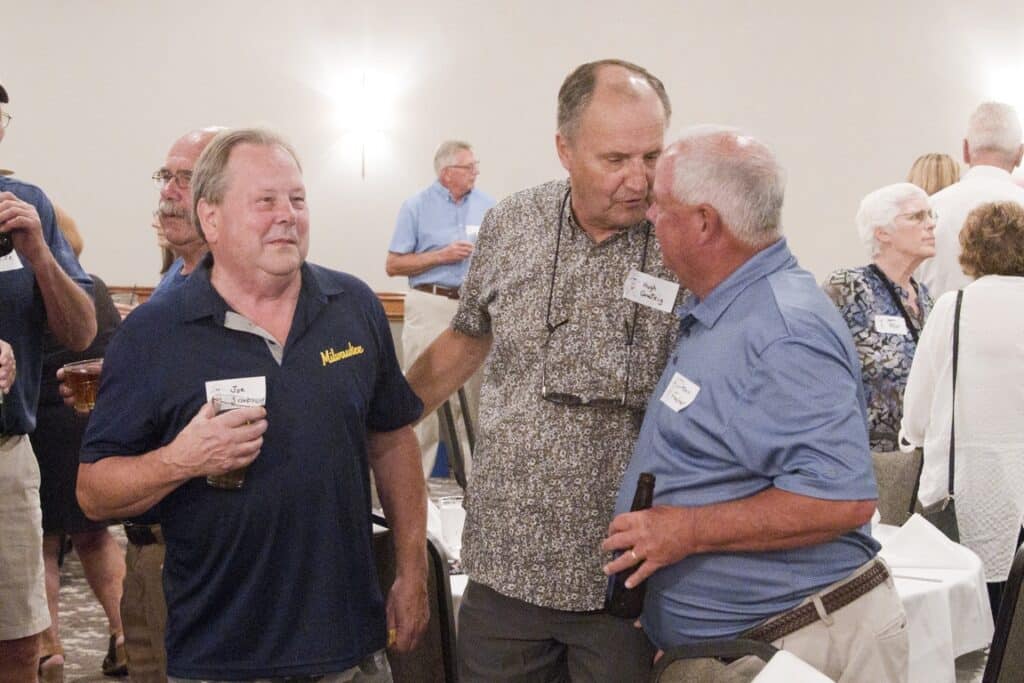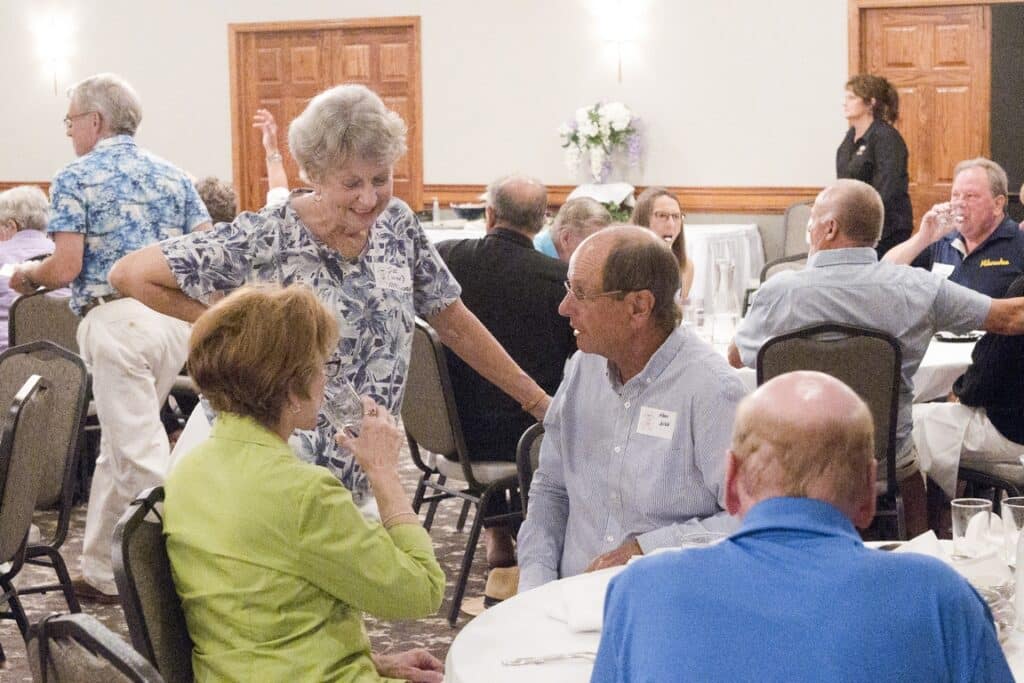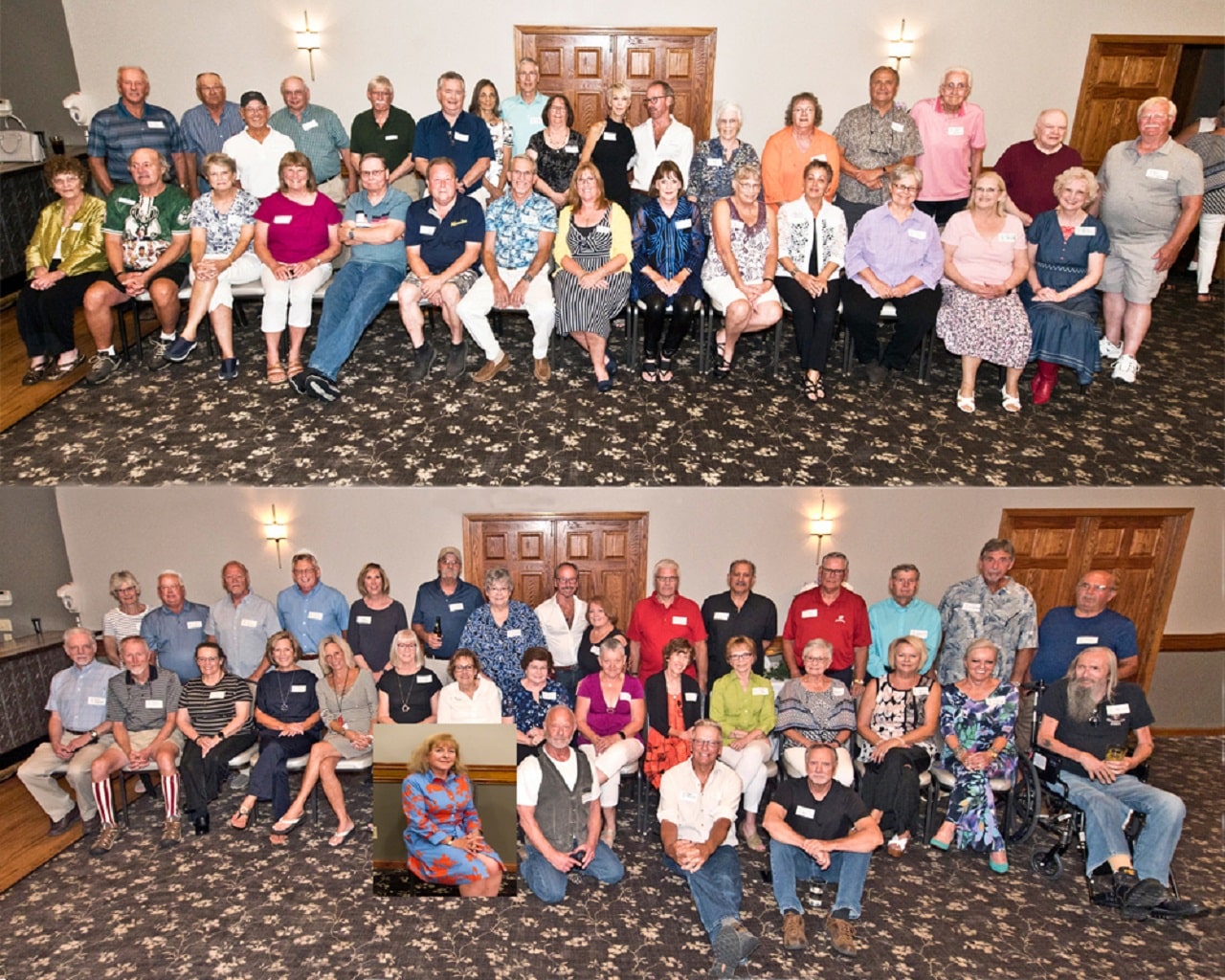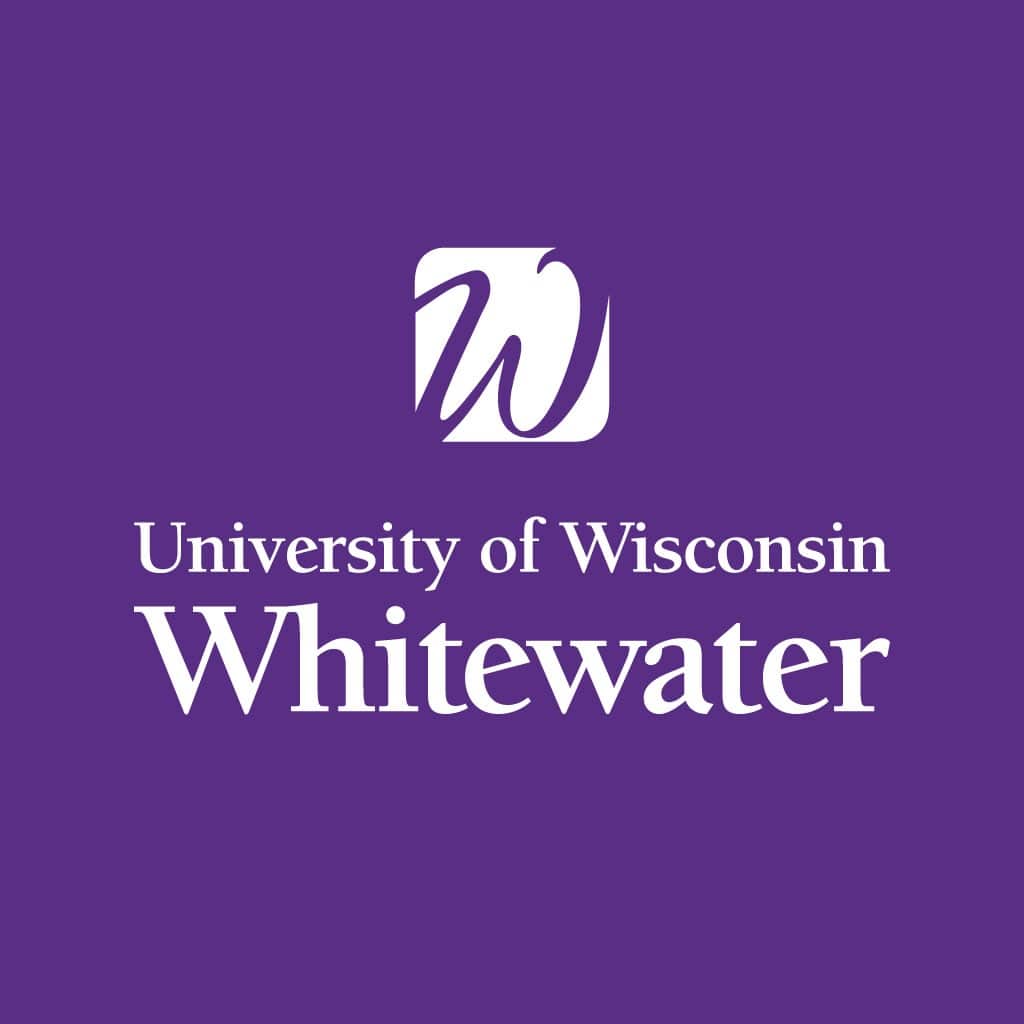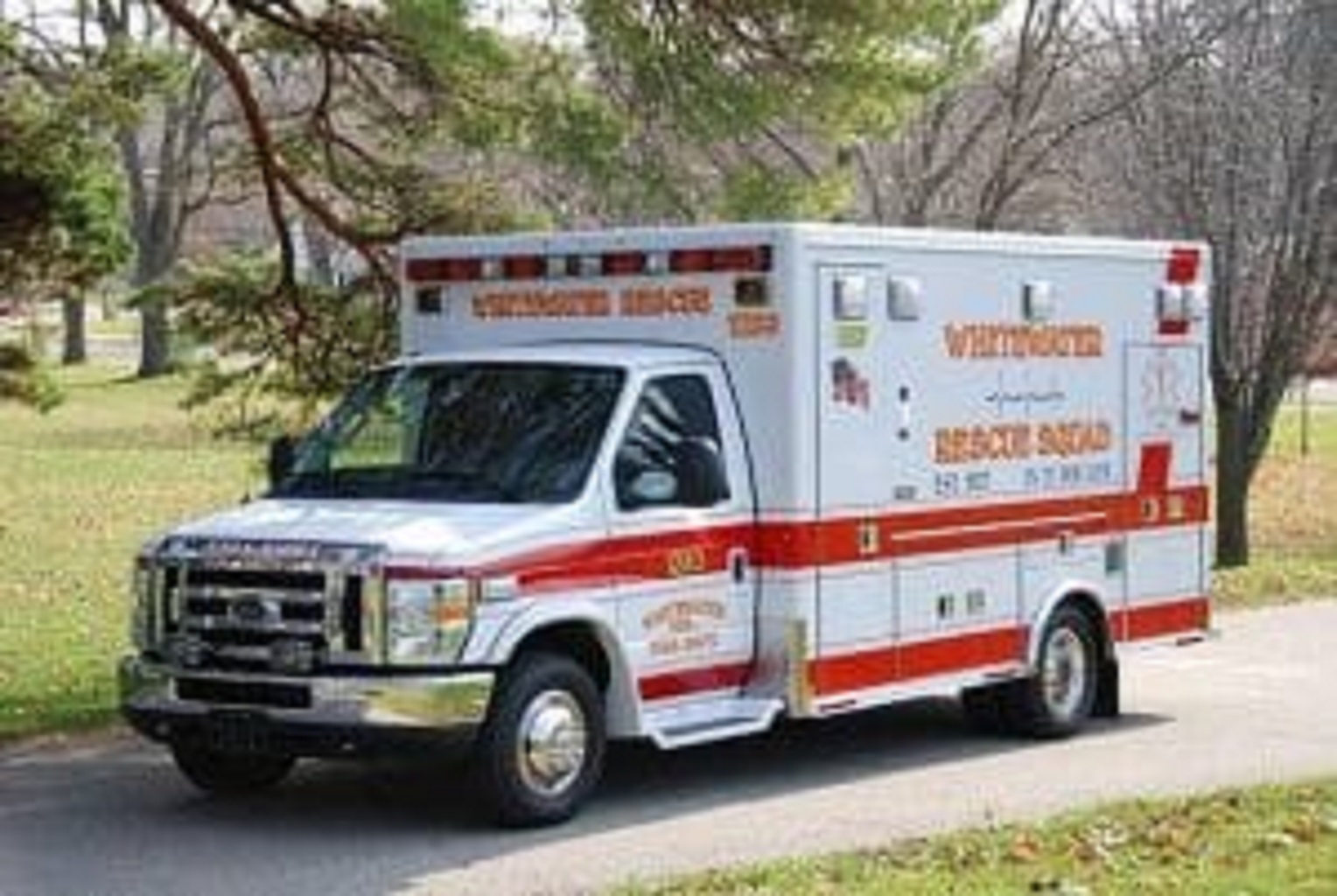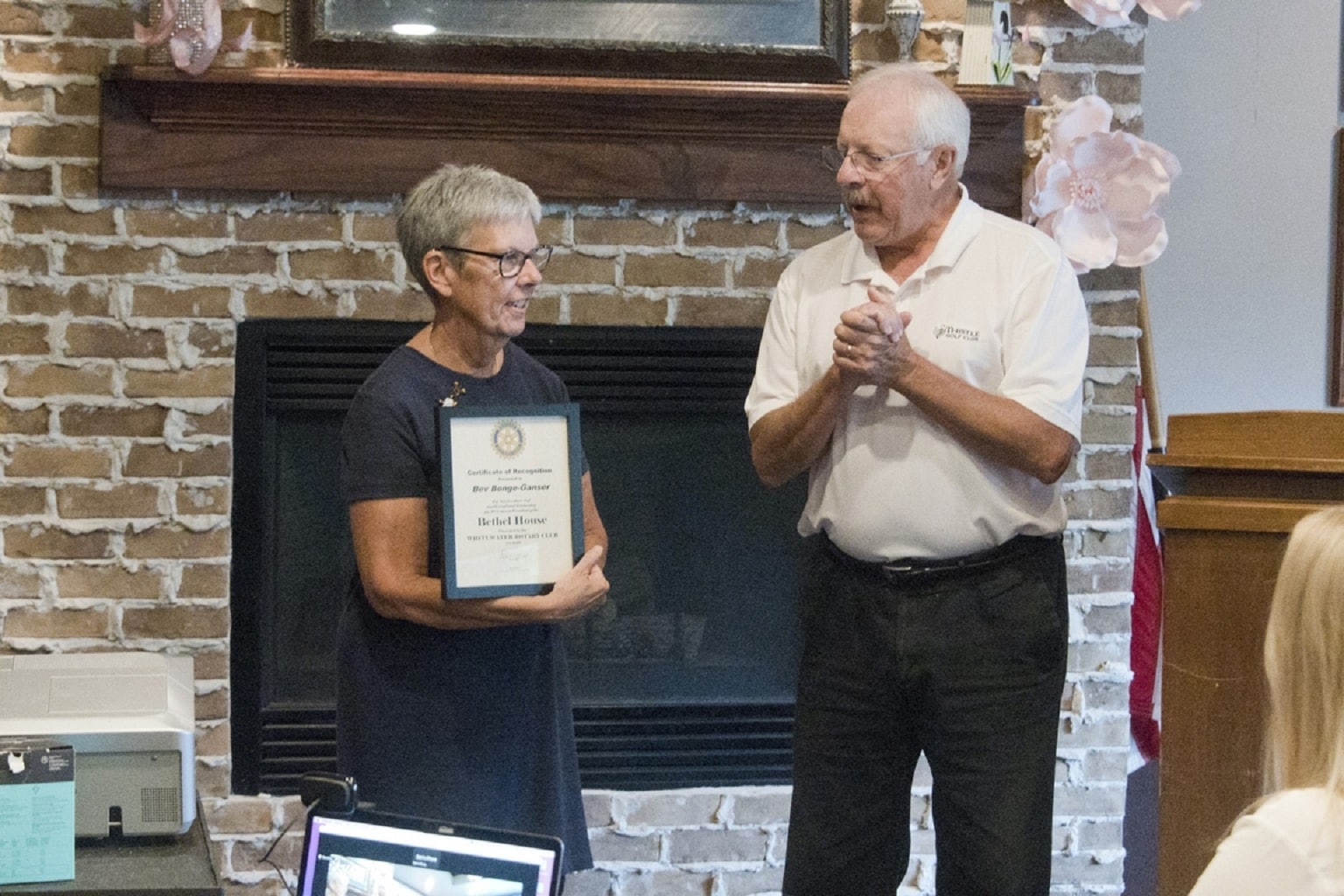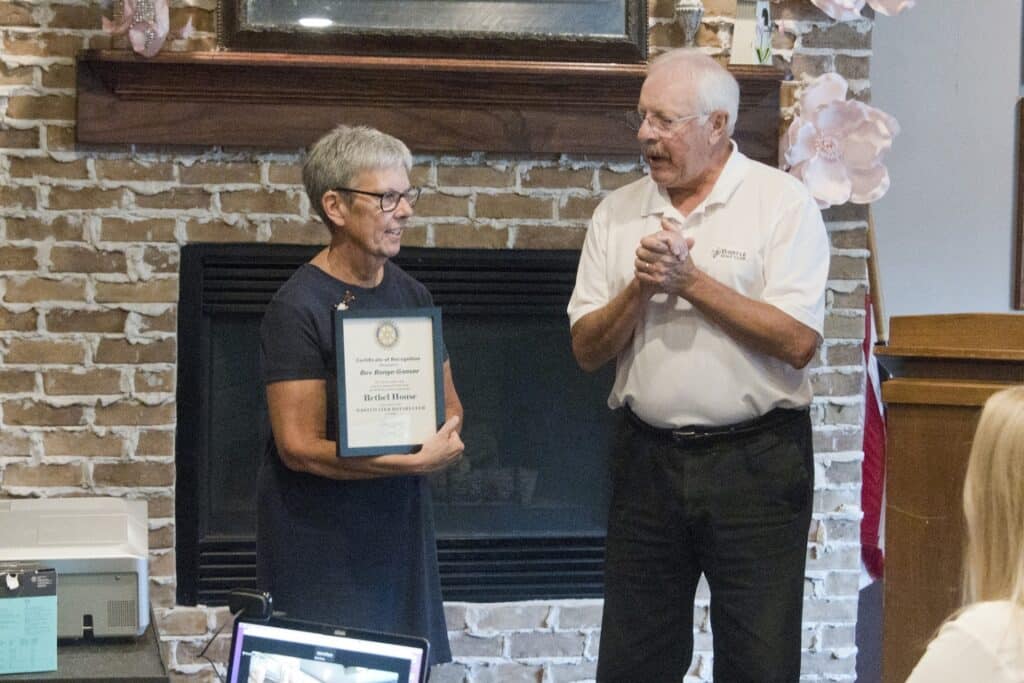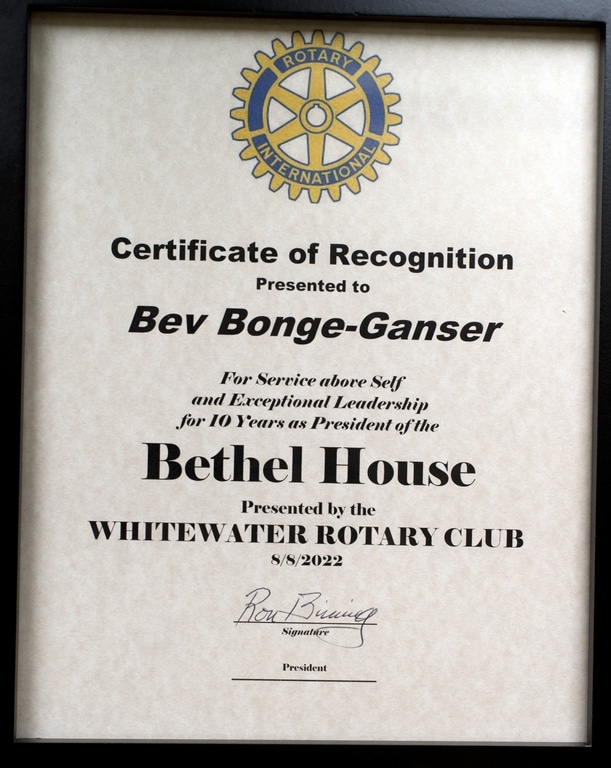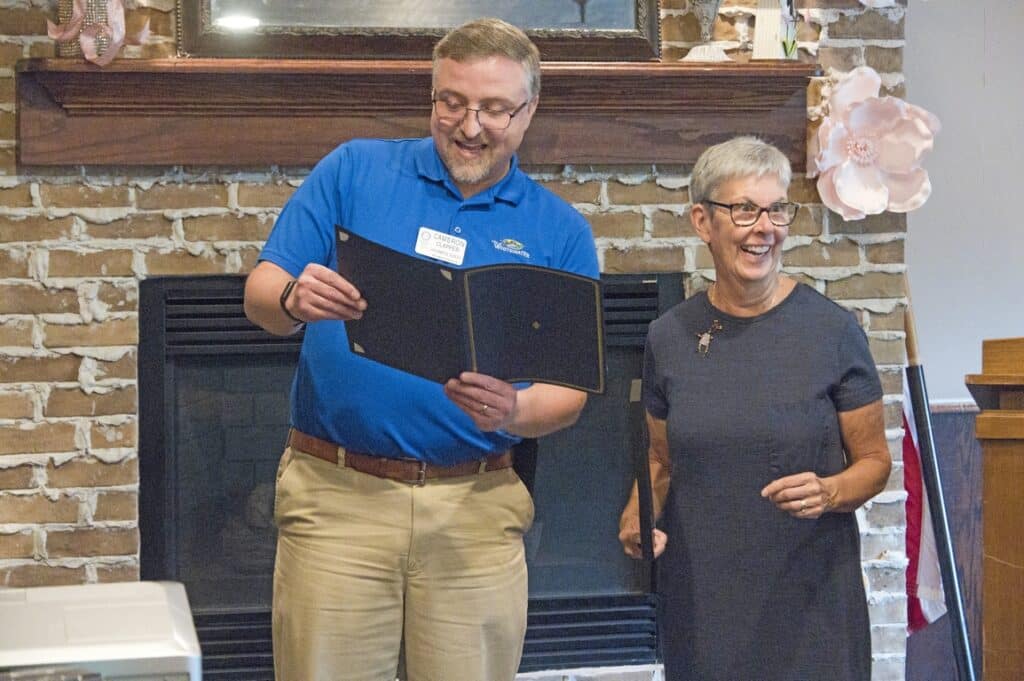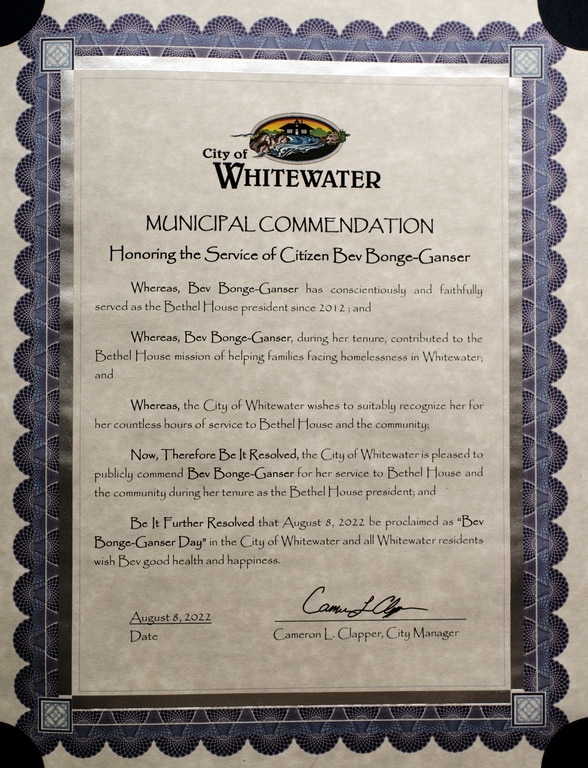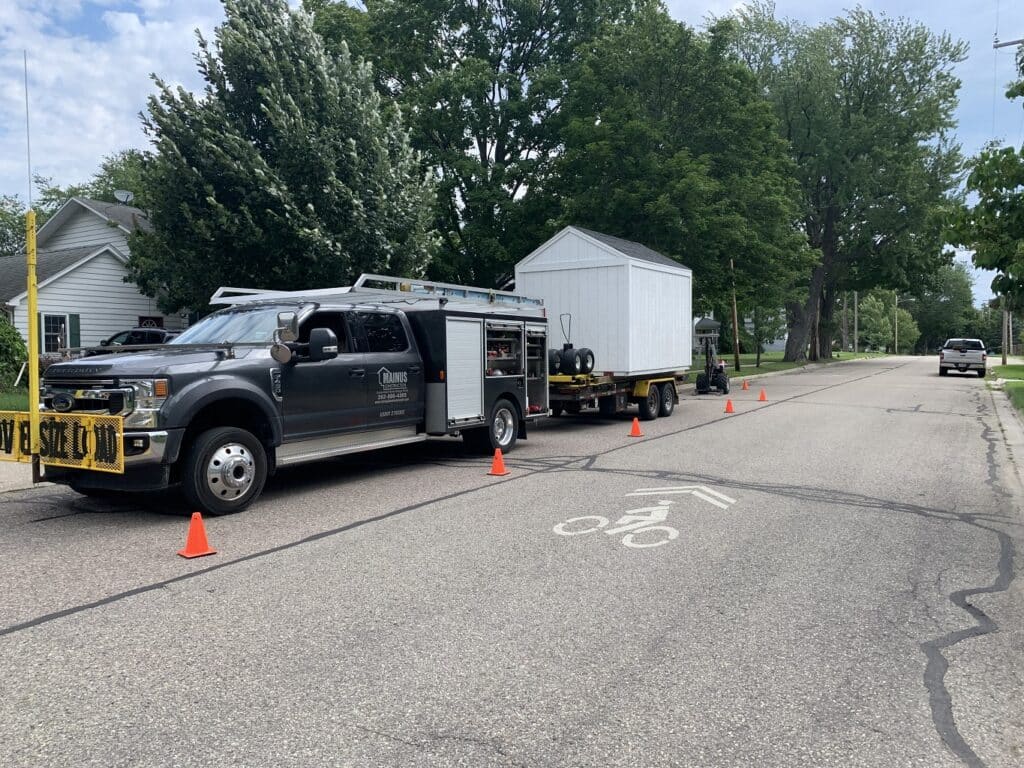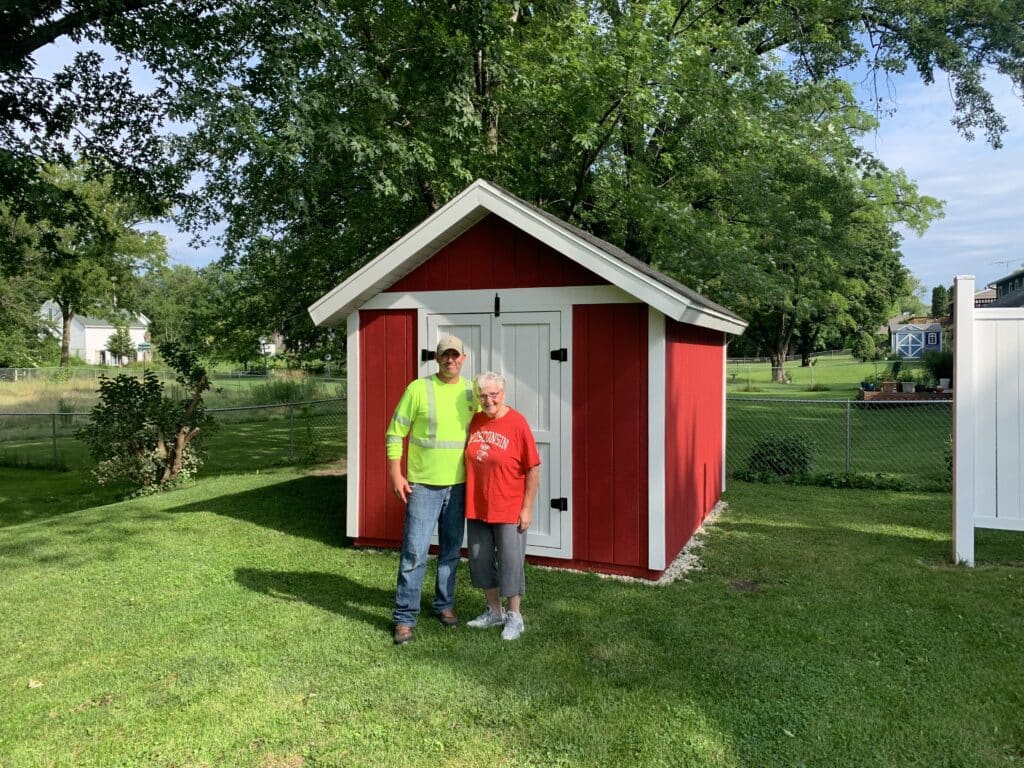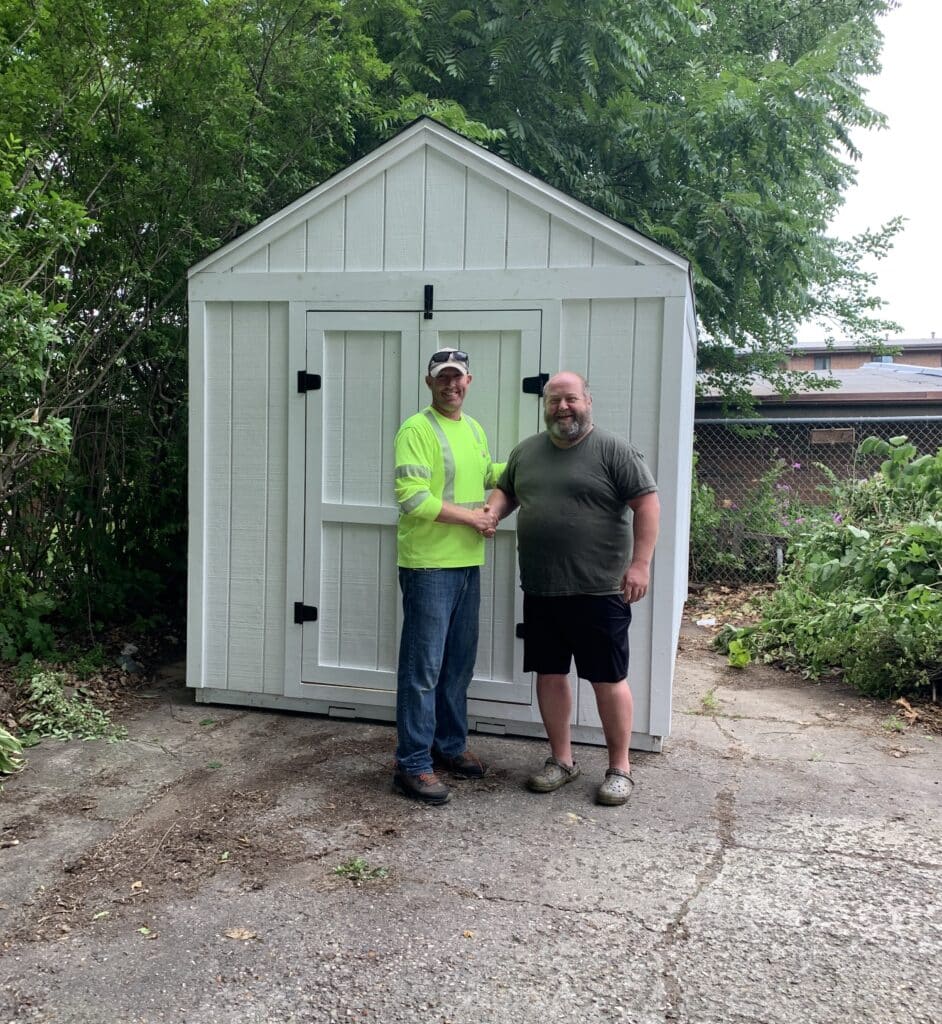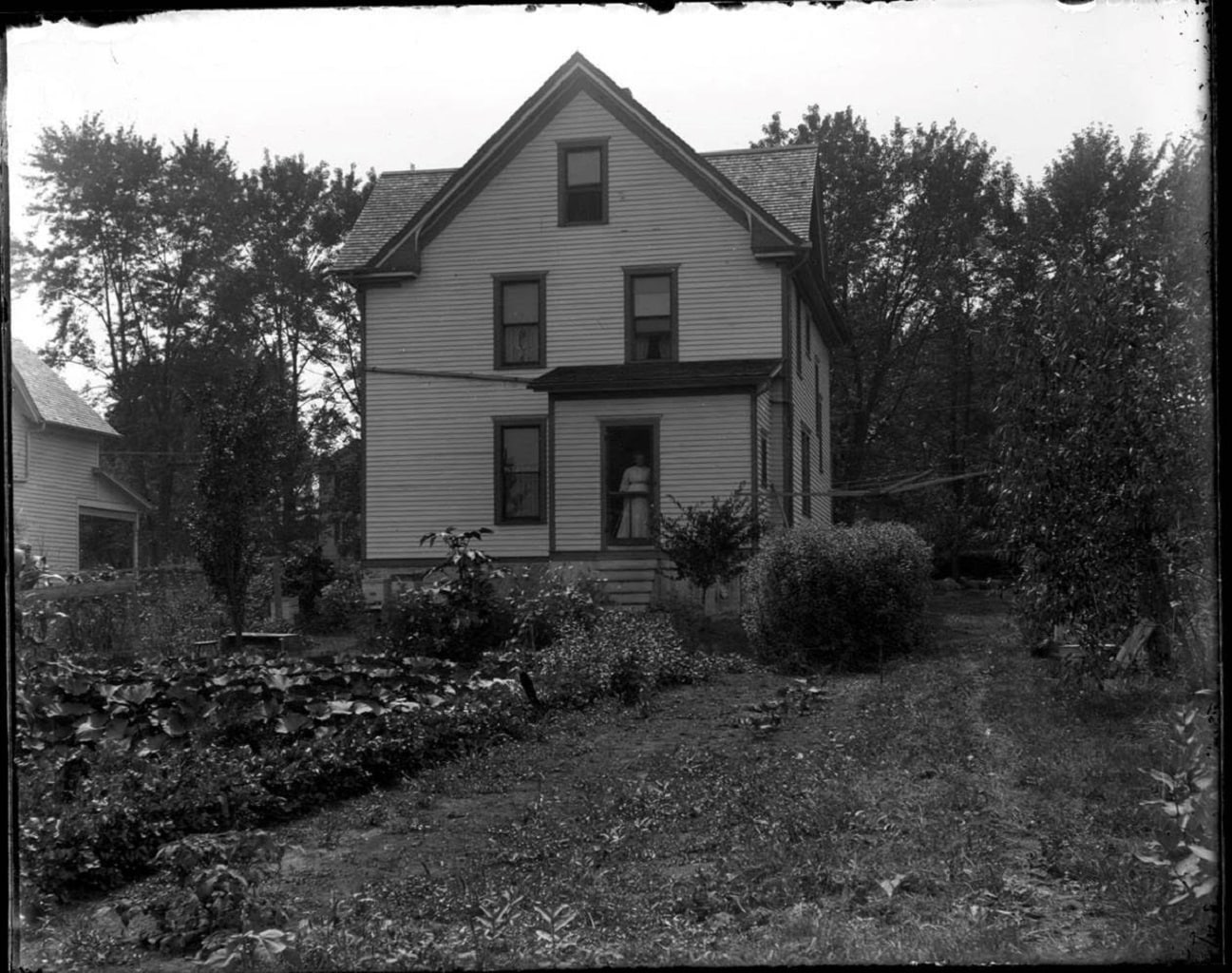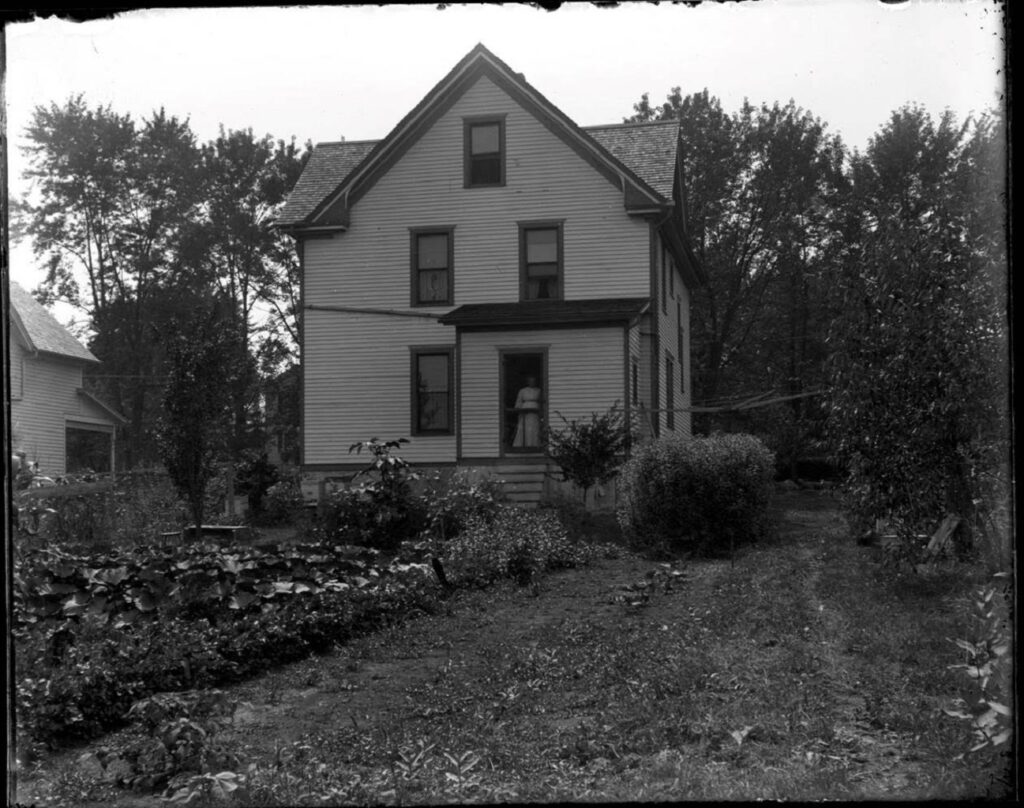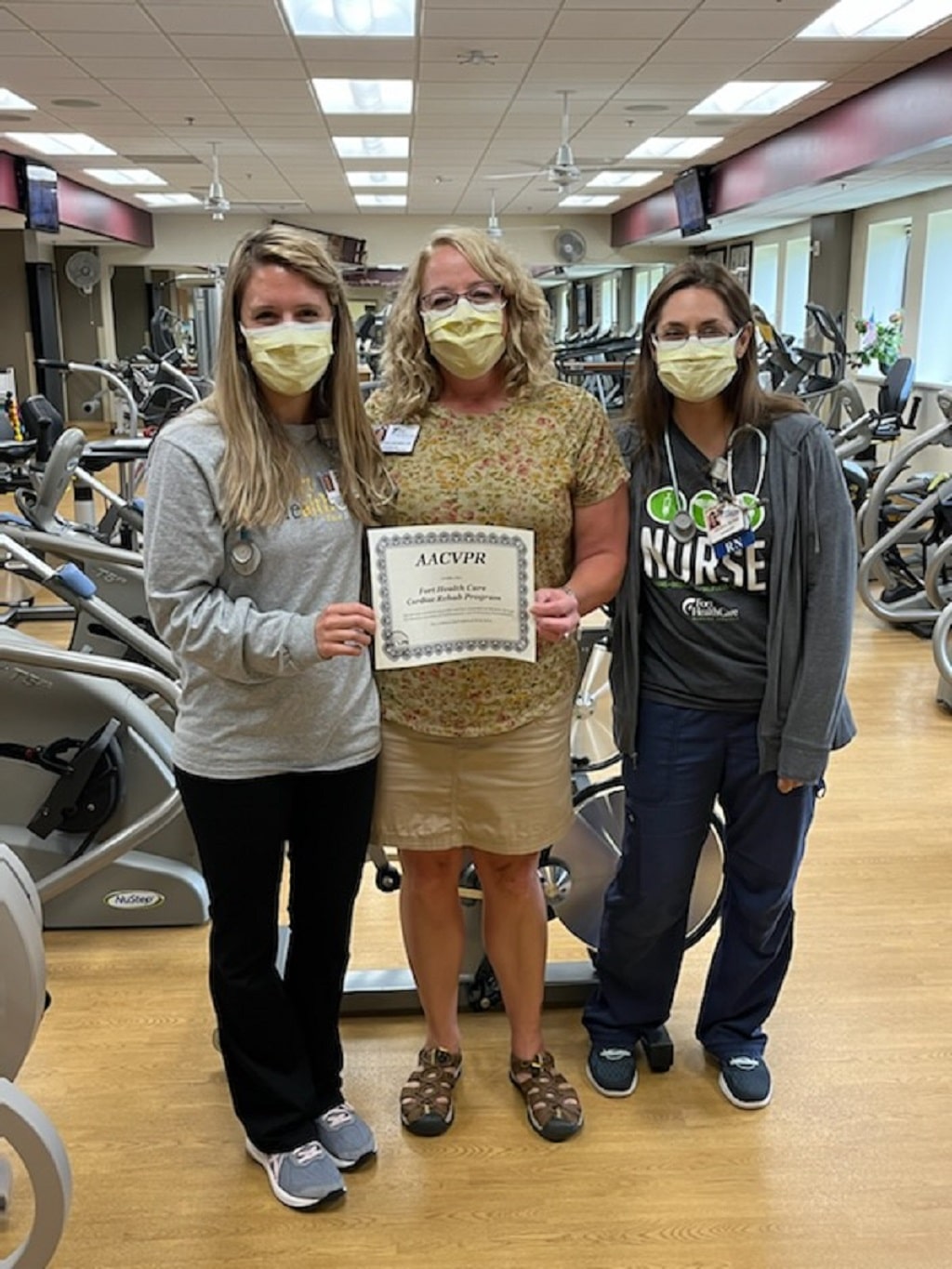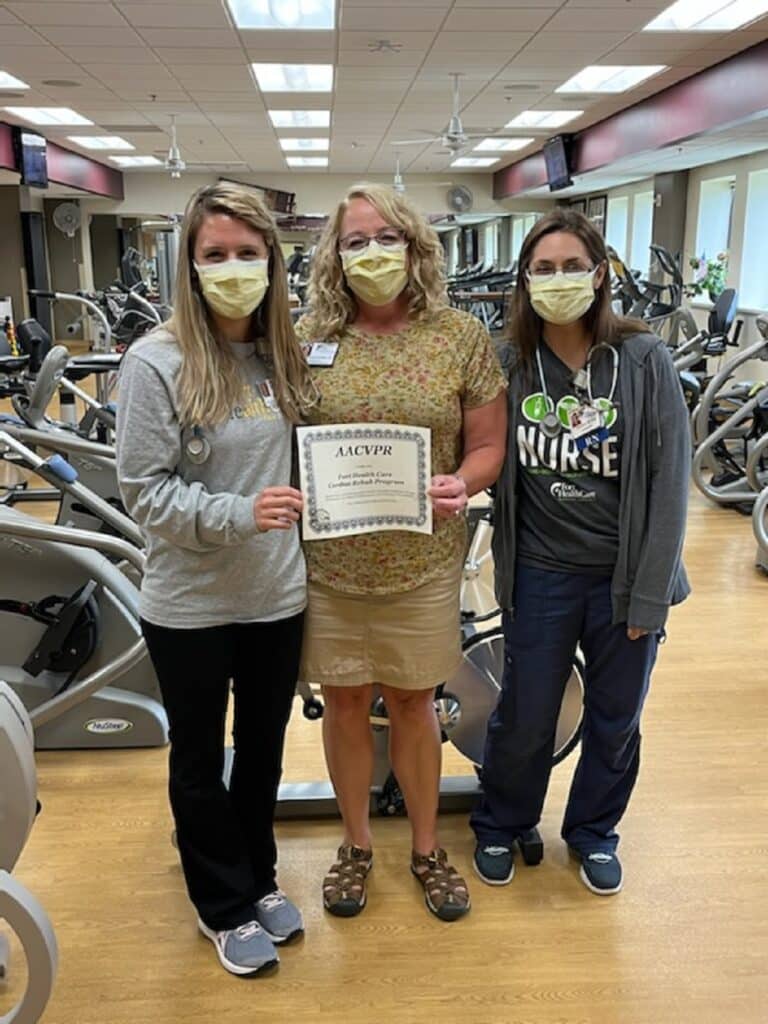By Al Stanek
Whitewater Banner volunteer staff
whitewaterbanner@gmail.com
The city of Whitewater’s recent decision to absorb city Fire and Emergency Medical Services (EMS) as a beefed up full-time city department with paid-on-premise EMS staff brings into greater focus the declining State of Wisconsin share of untaxed service costs that university communities like Whitewater have to absorb.
University buildings are not subject to city property tax assessments. A “Municipal Services Payments” (MSP) Program enacted nearly 50 years ago is intended to compensate municipalities for tax revenue losses due to state facilities being tax exempt.
Since 1973 the MSP program has distributed payments to cities, towns and villages to compensate for the fact that police and fire costs for state facilities are incurred by municipalities, but only business and residential taxpayers bear the full cost of providing them. The state legislature has been significantly reducing the amount of money appropriated for those payments over the past 10 years.
The issue surfaced as the Whitewater Common Council on July 26 approved absorbing additional service costs previously provided by the Whitewater Fire Department (WFD Inc.). In response to a question about shrinking MSP percentages from Whitewater resident Larry Kachel, Whitewater City Finance & Administrative Services Director Steve Hatton told the Common Council that “It amounts to the State giving itself a better than 62% discount.”
Documents downloaded from the WI Department of Administration (DOA) website state that “The purpose of the Municipal Services Payment (MSP) Program is to make an equitable annual payment to WI municipalities from a specific appropriation, in recognition of critical services directly provided to State Agency and UW System facilities located therein during the previous calendar year.”
A “Municipal Services Payment Summary 1980-2021” issued by WI DOA indicates that actual payments to municipalities have been drastically declining in recent years. The amount of funds available to municipalities is determined by how much money the WI Legislature appropriates for that purpose each budget cycle. The DOA document indicates that the most recent State MSP payment to Whitewater will be 38.48% of what the formula called for.
“This state underpayment equates to an estimated $500,000+ shortage to Whitewater in 2022 under the terms of the original MSP program,” according to Finance Director Hatton. “Whitewater’s shortfall from the state is comparable to a city taxpayer deciding to pay only a part of their annual tax bill because they have decided to spend resources elsewhere,” said Hatton.
“Municipalities have also been squeezed by state-imposed property tax levy limits since 2014,” according to area State Representative Don Vruwink. When asked about the combined impact of state MSP reductions and restrictive property tax levy limits considering an over $5 billion state budget surplus Vruwink said, “Levy limits and reductions in payments to municipalities did work for a while and generated some savings but it’s time for us to fully fund public safety”.
Some MSP payments in the early years of the original 1973 program were paid at 100%. Over the last 10 years they average 40% of the true cost share according to WI DOA figures. In the 30-year period between 1980 and 2009 they averaged over 85% of the estimated true cost share.
The increased costs of WFD, Inc. being incorporated as a city department (with an increased level of vital ambulance service) has resulted in the city authorizing a referendum asking to exceed its state-imposed “levy limit” by $1,100,000 in future years. It is estimated that the owner of a $200,000 Walworth County home in Whitewater will need to pay an additional $134 each year in added property tax according to a revised analysis presented at the August 16 Common Council meeting. The additional cost estimate for a similarly priced Jefferson County Whitewater home is $105. An initial estimate provided at the July Common Council meeting was considerably higher.
The $1.1 million service cost increase does not include additional costs that will be charged to area towns that have been contracting with WFD, Inc. Those communities together will be asked to provide an additional $370,000 per year. The city of Whitewater news release lists the towns of Whitewater, Cold Spring, Johnstown, Koshkonong, Lima Center and Richmond as currently under contract with WFD, Inc.
The most recently proposed methodology for assessing cost shares for the city of Whitewater and participating towns is a factor based on a combination of total assessed value within the unit of government and the average annual volume of service calls to residents of each unit of government.
The city of Whitewater news release indicates that the city has committed to having enough on-premise EMS staff to have two ambulances available 24 hours per day seven days per week. Previously using primarily paid-on-call EMS staff often took five minutes or more before an ambulance left the fire station according to the news release.
The current State Municipal Services Payment (MSP) formula does not appear to be able to reflect the number of fire and ambulance service calls to UW-Whitewater residence halls and other university buildings which is being used to determine an equitable annual share of costs for enhanced fire/ambulance service. Unless pressure is put on state legislators to fully fund the MSP program local taxpayers will absorb even higher service costs.
